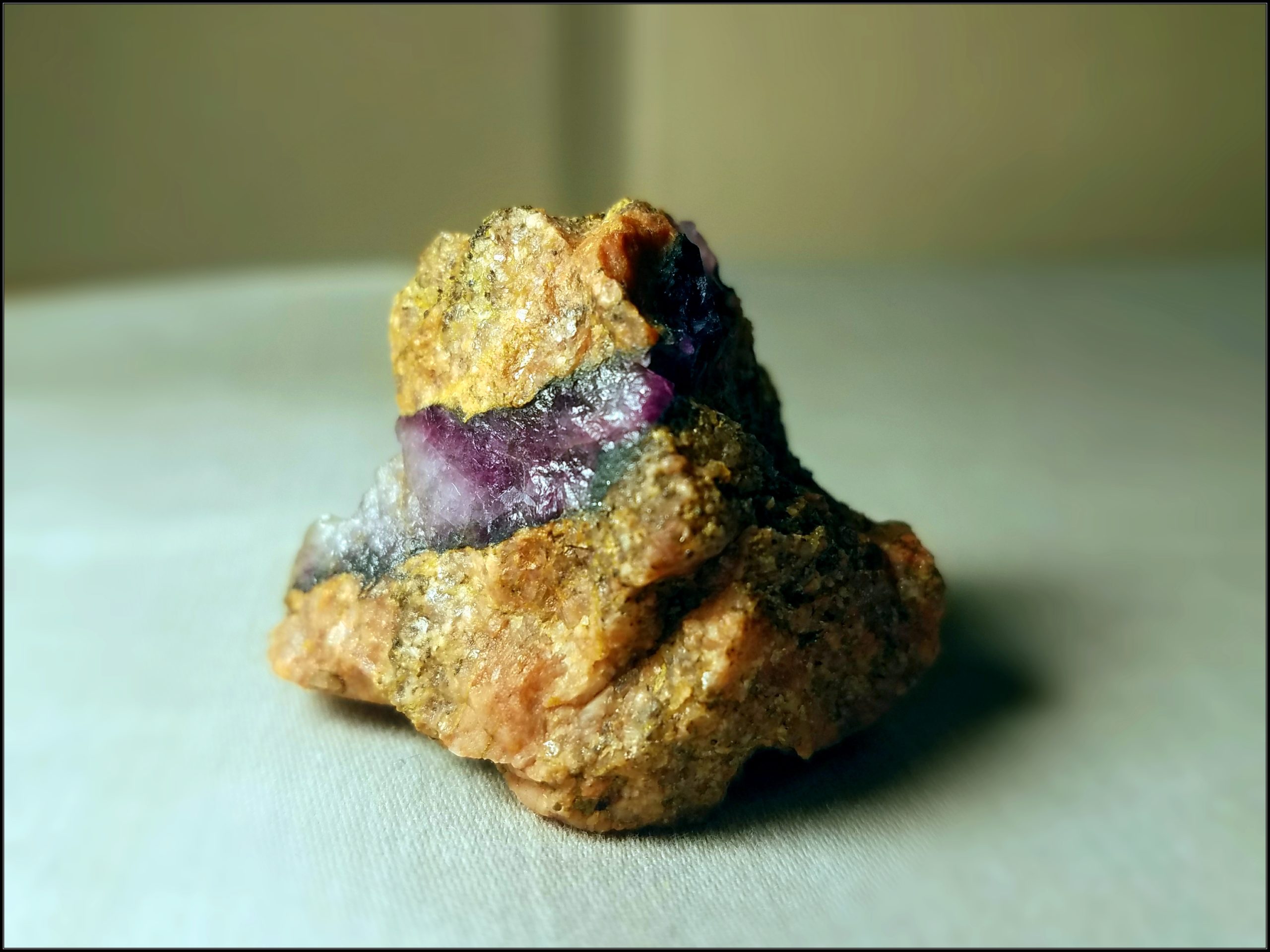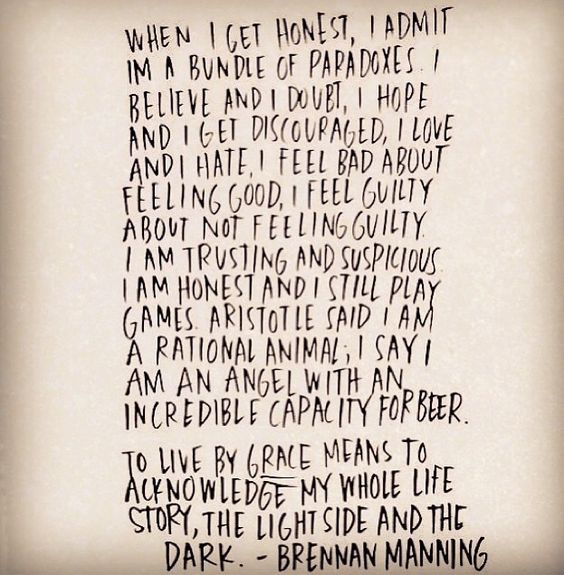A few years ago I was living in a tiny apartment in Salida and I was trying to watch television. I say trying, because I found cable to be an unnecessary expense, so I had the old-style rabbit ear antenna. Its two wires stood straight up from a base on top of my TV, and with great hope I could pull in a few weak signals from Denver or Colorado Springs. Usually the picture came in grainy and hard to watch, but if I got a decent picture I would watch whatever came through.
I was flipping through the channels (all five of them), trying to find anything that came through decently enough to watch when I stumbled across one of the PBS stations. There on my screen were two people, standing in front of a small glass box which held a pair of shoes.
An older man, wearing a plain brown suit coat which hung loosely over a white collared shirt, was speaking, “These shoes are one of seven known pairs made for the movie. They’ve been on display here at the museum since 1979.” The man was balding from the front to the back, and had a white, bushy mustache. His excitement about the shoes was visible, but the interviewer disregarded it, hoping for more general information.
“So how many people visit the museum?” the interviewer asked, clearly interested in the building itself and not its contents.
“Well, we have roughly four million people visit annually and they…”
“Wow,” the interviewer said exuberantly, “that’s a lot of people!” Her interjection was unwelcomed by the man from the museum.
“…yes, it is…” he hesitated to say more as he was unsure of when she would speak again, “…the National Museum of American History has about three million objects in its collections.”
She feigned astonishment, “Three million? How do you show it all?”
The man smiled and answered politely, “Well, we only have about five percent of it on display at any one time. We simply don’t have the room to show it all.” He moved his hands as he talked, making wide but gentle gestures now and again.
“And what are some of your most popular exhibits?” The woman clearly tried to make this interview more exciting than it was. The man was not the best person to interview; he didn’t exude the vibe and excitement that television called for, even for PBS.
“Well, of our two-hundred thousand square feet of gallery space, the most visited include our transportation collections – cars, trains, planes, and the like. Also, visitors seem to flock toward the collection on American Presidents.”
Her made-for-television smile beamed as she stared into the camera, speaking as if she knew what he was going to say next, “And of course, the Ruby Red Slippers.”
“Of course,” he said as he smiled, “they are one of the most asked about pieces in the entire museum.” He placed his left hand on the glass case in a caressing manner, “Everyone loves these shoes, the magic they hold, the dreams and hopes they have brought to so many. Dorothy Gale was able to fill the void in her heart with the use of these shoes. Visitors to the museum want to see what they have believed in for so many years.”
“And what is that?” the interviewer asked.
“The belief that a person can go home again.”
***
Just off Fremont County Road 39 is Falls Gulch – at one time it was a rough and bumpy road only accessible to four-wheel drive vehicles, but has now become a somewhat better thoroughfare that my Nissan Murano could somewhat navigate. Last week, when I was back home, I made a quick visit to the old road, partially to escape into nature and partially to find something for which I’ve been looking.
In years long-since passed, the earth around Falls Gulch was picked and prodded for minerals, and the remnants of discard piles can still be seen. For all the traffic that goes through the area, even today the road is often washed out and will change its course based on the season and year. Over the decades the forest service has blocked off some off-shoots with boulders and dirt berms.
This place held many memories for me: near where my grandparents retired, it’s where I would often spend some portion of any elementary school breaks with them. Falls Gulch is where we would go to play, learn, and explore. I spent summer days puttering around the hills with my grandpa in his old Jeep, our family held many picnics in the clearing near the long-dilapidated fireplace, and every fall I learned more about hunting for mule deer in those hills.
I don’t often make it into those hills now, mainly because they hold so many memories for me, and when I do return I realize how fuzzy my past has become. It’s frustrating and a little sad to be in a place that was once so familiar, and to now not recognize much of it anymore. The fireplace where we picnicked has finally crumbled to the ground and has become overgrown with scrub oak. Once-tall trees used as landmarks have fallen with age and have been carted off by someone for firewood. The amethyst mines we would pick through have been washed away and covered by the changing earth.
I keep returning to that place because it had always been a link to my past – it was where I spent time with my grandparents, where my father taught me life-long lessons, where my brother and I learned to shoot, where my cousins and I bonded after months of not seeing each other. I always held out hope that my time spent in those hills would give me the opportunity to relive those times and days from so long ago. But just as the landscape has shifted and changed over the years, so too does my link to that place. As much as I want to step into the past’s memories and experience them again and again in Falls Gulch, I can’t do it anymore. The place that it once was is no longer – this home is not my home.
I’m realizing that I’m home-less, and it’s a little scary. My parents have been living a nomadic life for a few years and most of their belongings are in a storage shed. My grandmother was moved into the nursing home two years ago, the majority of her life’s possessions sold off to pay for the extended care. The landscape of Falls Gulch has shifted and changed into a nearly new and unrecognizable place. The small town that I spent my formative years in is now a bustling, rapidly-growing, second-home community for people from the Front Range of Colorado. I can’t go home again because my home is no longer there.
**
In 2001 I was in a small village in Kosovo, talking with Flamur, a sixteen-year-old from a local village. Wiser than most his age, he was describing to me what had happened during the genocidal reign of Slobodan Milosevic two years prior.
“We were forced out of our homes by Serbs that live right over there,” he pointed to a small group of houses not more than two hundred yards away. “One night, they just entered our village and started robbing the houses. We fought back, but it was no good.”
He kept his head up; his voice was strong as he continued to speak, “We left to the mountains right over there.” I looked behind him at the mountains behind which the sun was slowly falling. “One hundred and seventeen of us left our homes, our belongings, everything. We only took what we could carry, loaded up in the cars, trucks, wagons, and we left. Only months later did we return after the United Nations had bombed and stepped in.”
I didn’t know what to say, or what to ask, and I told him. “It’s okay,” he said, “I know it’s something that you couldn’t really get. The good thing was that all of us returned to the village – all one hundred and seventeen.” He smiled briefly as we walked down the road. “Not many villages are lucky enough to say that.”
“And what about the village?” I asked.
“Houses were burned out…you know, destroyed. We found some of our things out in the fields, but most of it was gone. We had to rebuild the houses, buy our new furniture. We had to start all over again.”
There was a long silence as we both stood on the muddy road that weaved through the village. “Let’s go,” Flamur said, “It’s not safe to be out after dark.”
Home, for Flamur and the others in this village was not a building. Home was with the others. There, each individual heart was connected to another; piece by piece, generation by generation they continually built a home where they could live, laugh, and love. I can’t imagine the heartache each person would have felt if they had lost a single member of the village. But I can honestly say that they would be missing a little bit of themselves.
*
Even with all of my ‘things’ with me here in Texas, it doesn’t feel quite like home. While I can take the time and effort to make my dorm room more appealing to me and my sense of belonging, I know that in two years I’ll have to pack up and move on to someplace else in Texas, or Iowa, or Idaho or Montana.
This home-lessness is new to me, and I don’t know what to do with it. I wonder if I’ll ever find that sense of comfort and peace that I once had in Falls Gulch or in my parent’s house on East 3rd Street. I wonder if I can ever have a place where my heart will be able to find rest and where others can create memories of their own.
Maybe I need to re-frame my way of thinking about home. I may not have a place – a physical place – that I can always return to, but I will always have people that I can go to who know my heart and my soul. I have people that know me and my deepest secrets, pains, and joys. I am but a phone call, text, or quick walk away from finding comfort and rest.
If home is where the heart is, then my home will always be, first and foremost, wherever I am. That’s home – my heart, and that’s where I long to be with my family and friends. It’s where I can love and be loved, where I can laugh, cry, speak openly, and express myself. Perhaps Dorothy was right – there is no place like home. There is no place quite like the heart.
much love. sheth.






